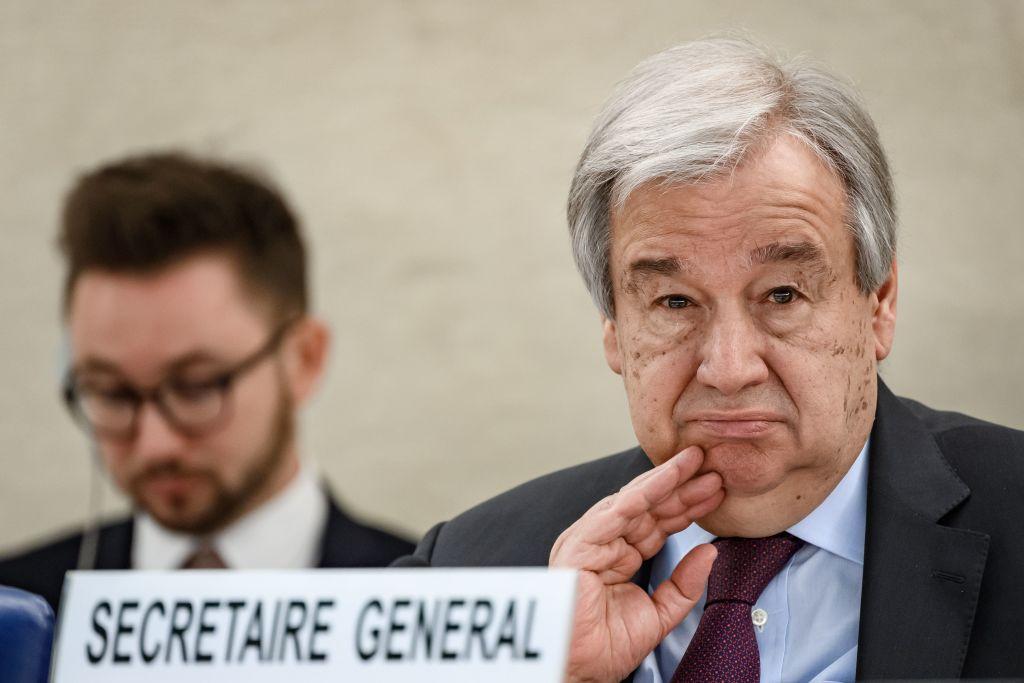The secretary-general of the United Nations on Wednesday invoked Article 99 of the U.N. Charter, which will force the Security Council to address the Israel-Hamas conflict.
In his letter invoking Article 99, U.N. Secretary-General Antonio Guterres warned that he believes the public order in Gaza will break down amid weeks of fighting, coming after Hamas launched a series of terrorist attacks in Israel in early October.





